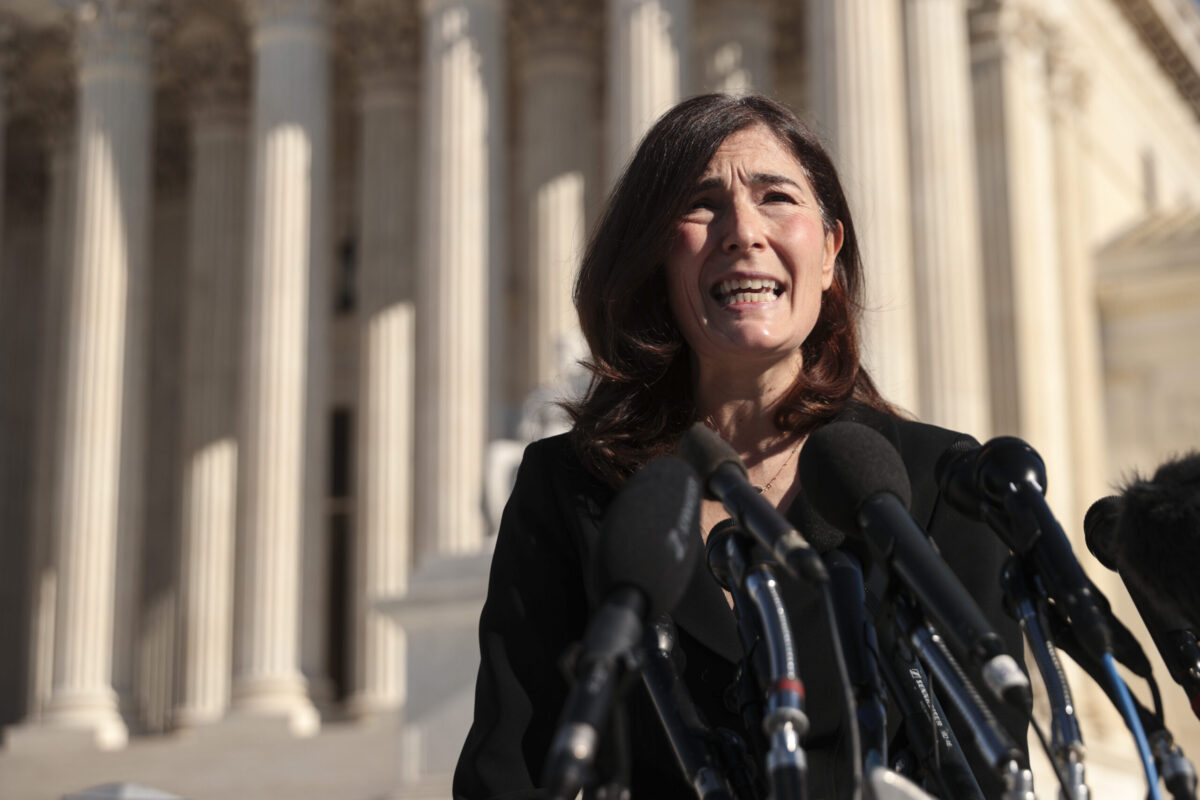Balancing budget over next decade may require cuts to federal programs, CBO says
BThe ability to finance federal budget According to an analysis done by the, significant cuts could be made to many programs that Republicans and Democrats have pledged to protect over the next decade. Congressional Budget Office.
According to projections, the deficit will reach $2.9 trillion by 2033. That’s roughly 7.3% GDP. The most recent report. To reduce the deficit by spending cuts, the government will need to take into account a variety of factors that could result in federal programs being cut.
BIDEN’S ‘BLUE-COLLAR’ BUDGET ACTUALLY A WISH LIST FOR THE ‘RADICAL LEFT,’ GOP SAYS
According to the report, one plan could help lawmakers reach this goal: They would gradually reduce noninterest spending, starting in 2024, until it is 29% lower than its baseline projections for 2033. This would reduce the annual noninterest payment budget each year to 2033.
This may not be an easy task. According to the report, if lawmakers chose to keep certain federal programs safe from spending cuts, then the government would need larger chunks elsewhere.
If Congress approves tax cuts provisions previously approved by the President, Donald Trump According to the CBO, his 2017 tax law would require that noninterest spending be cut by 35% by 2033.
The agency also calculated how much noninterest expenditure would have to go down if the government did not touch certain federal programs and defense spending.
According to the report, if lawmakers do not decide to cut Social Security spending, then the government would have to decrease its noninterest spending by 41% over 10 years. However, the government would have to reduce its noninterest expenditure by an additional 16% if they want to protect both Medicare and Social Security.
The report also found that the government would have to cut its noninterest spending by 86%, if lawmakers decided to make cuts to Social Security, Medicare, and veterans’ programs.
This report is coming as lawmakers attempt to balance the federal budget, and eliminate the country’s deficit in the next ten years.
Republicans and Democrats disagree on how to get there, with GOP legislators pushing for spending reductions. Republicans, however, have vowed not cut spending for Social Security, Medicare, placing lawmakers in difficult situations as they evaluate which areas of the budget should be cut.
Democrats are blaming Republicans for refusing to reduce some program spending. They argue that their math is flawed. “doesn’t add up.”
CLICK HERE TO READ MORE ABOUT THE WASHINGTON EXAMINER
“Speaker McCarthy is not going to be able to keep his promise to balance the budget in 10 years while at the same time leaving Social Security and Medicare untouched,” Chuck Schumer, Senate Majority Leader (D-NY). said last month. “The math doesn’t add up.”
Similar to Democrats, they have pledged not to reduce spending on Social Security and Medicare but instead called for tax increases for the wealthy to pay for these programs. Republicans have protested these proposals. However, the budget proposal for the country is still a. “spending problem” An income one is better than an expense one.
“Read more from CBO states that in order to balance the budget over the next decade, cuts may need to be made to federal programs”
“The views and opinions expressed here are solely those of the author of the article and not necessarily shared or endorsed by Conservative News Daily”
" Conservative News Daily does not always share or support the views and opinions expressed here; they are just those of the writer."





